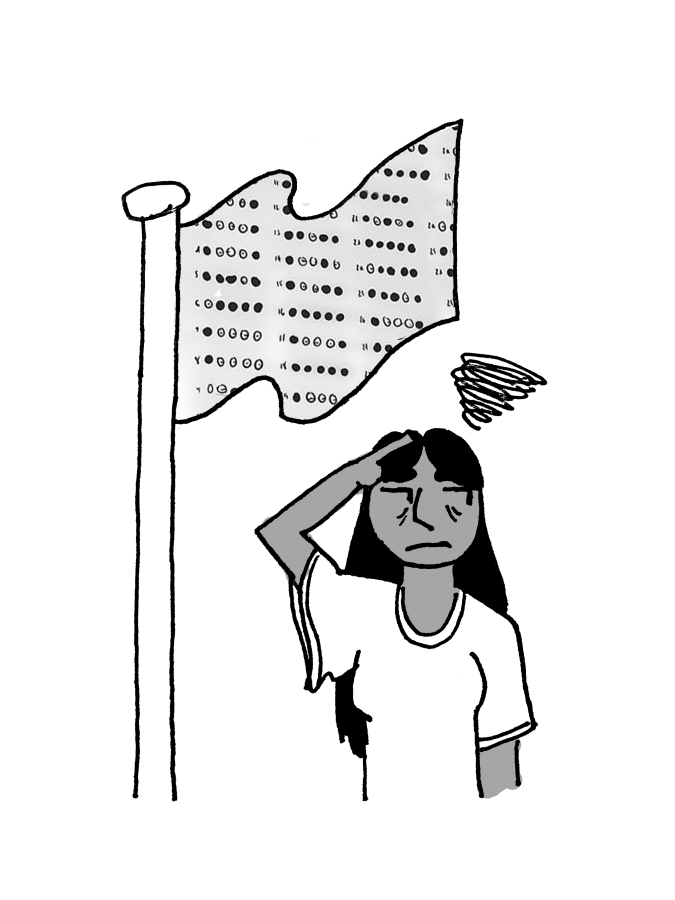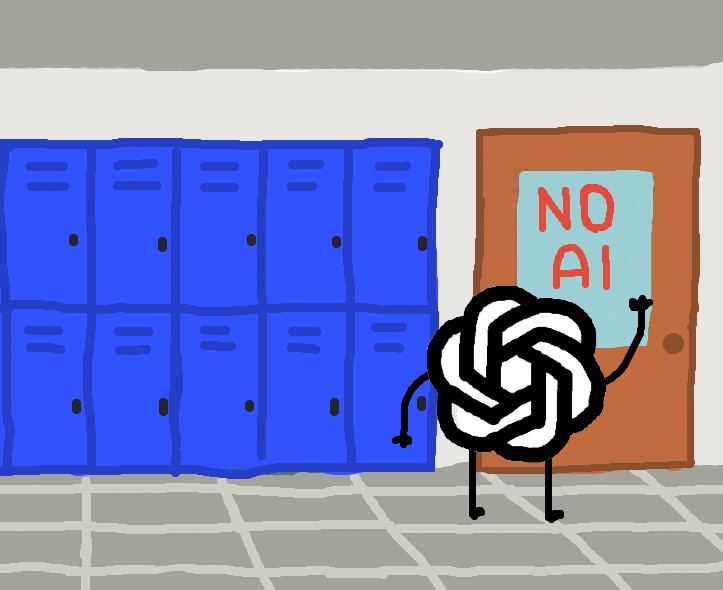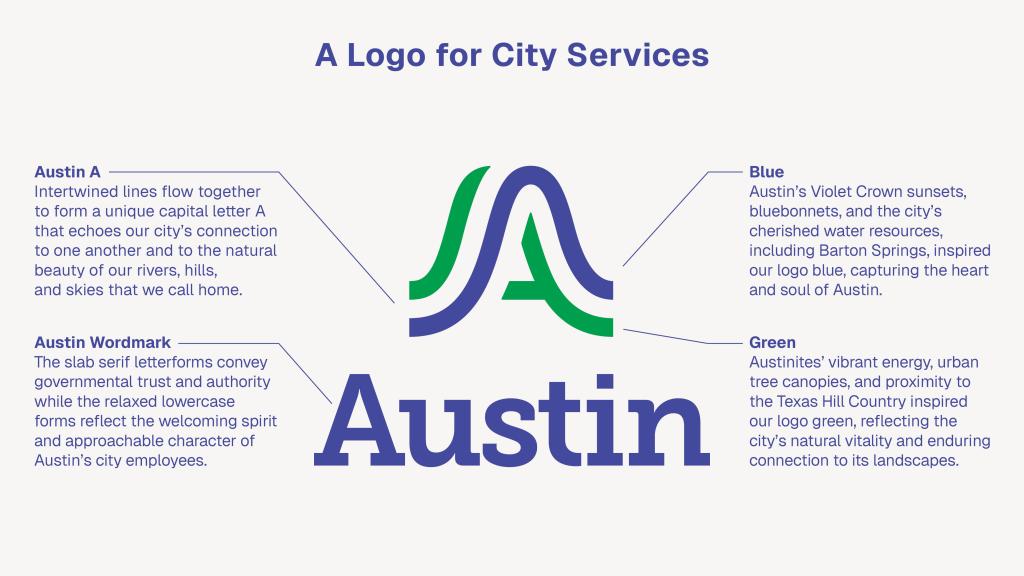“We Are More Than Tests,” read one memorable sign at the recent Save Texas Schools rally at the Capitol. It’s not just a pithy phrase. It’s a message that, now more than ever, is worth repeating.
Between the PSAT, the STAAR, AP exams and now the SLOs, or Student Learning Objectives (and that’s not even counting out-of-school tests like the ACTs, the SATs or the TSI), testing activity takes up between 28 to 45 days out of each school year in Texas. Though this number may not seem inordinate, Texas has fallen behind other states in practically every academic category (to name a few, math, science and English), but when it comes to time spent on standardized testing, Texas leads the pack.
This is unaccaptable. Teachers should be given more time and resources to focus on simply teaching their students without so much pressure on testing outcomes; excessive testing creates distractions and unneeded stress for both teachers and students.
On that note, standardized tests also factor heavily into both individual and school-wide assessments; the STAAR alone currently factors for 55 percent of schools’ accountability ratings. This puts increasing pressure on teachers and administration; schools with below-average test scores often suffer as a result of government intervention (forced turnovers of teachers and staff), and the new SLO grades will be used as a factor in individual teacher assessments.
It also puts undue stress on students; under the STAAR, students must pass anywhere from five to 15 EOC assessments or they cannot graduate. This requirement unfairly targeting lower-income students, who often have less preparation for testing than their more advantaged peers. Students with learning disabilities and language barriers also have the odds stacked against them.
The testing environment itself is also stressful; students are given a strict four-hour time limit to complete the test, and the district takes such extreme precautions as to have teachers release students one-at-a-time for monitored bathroom time. This creates a breeding ground for unhealthy anxiety and competition that takes away from the primary purpose of education: to learn.
Georgia, one of the first states to implement the SLO to measure teacher and student success, recently heavily cut back on the program just as Texas education officials were becoming SLO learners.
Instead of increasing the amount of standardized tests and assigning such a heavy value to them, the state should begin to view standardized tests purely as a tool with which to understand the overall progress of schools. Texas Rep. Jason Isaac recently proposed a bill which would allow schools to seek alternative test providers, and it’s reform measures like these that will decrease the amount of tests as well as the amount they affect school, teacher and student assessments.
The state of Texas, and our education system overall, need to understand that while testing is a key part of understanding strengths and weaknesses in our school, it is not the end-all-be-all.








